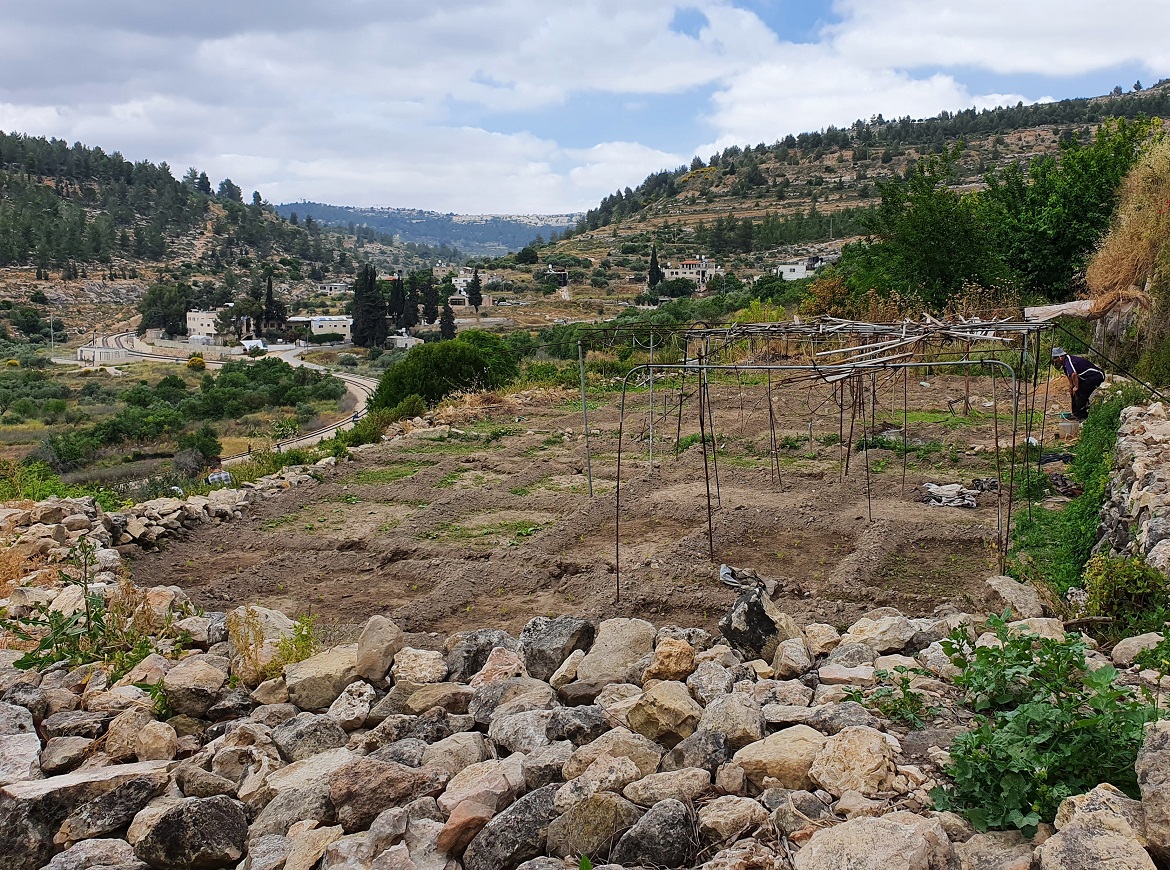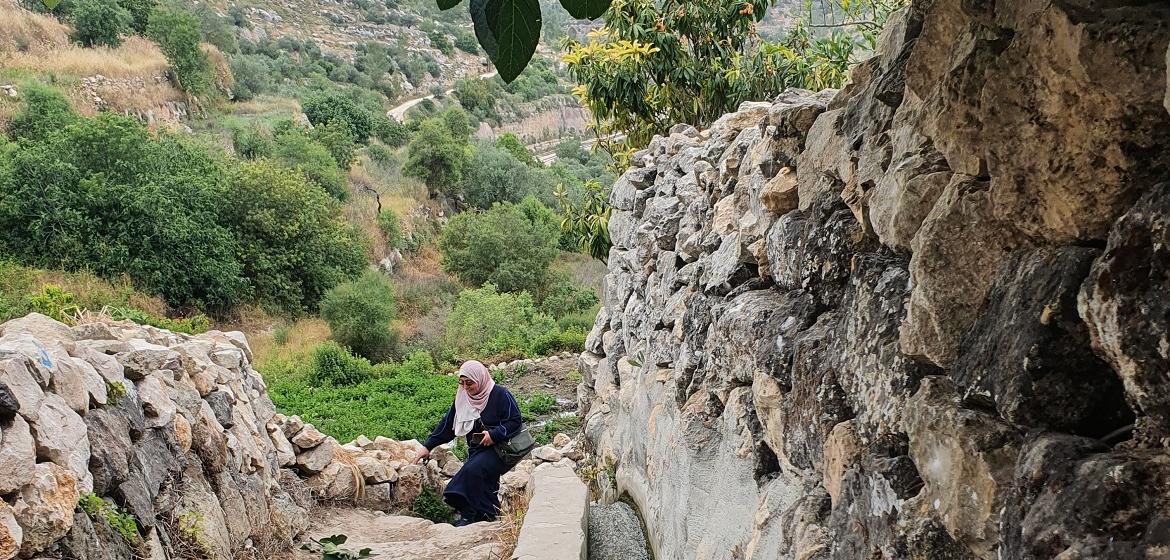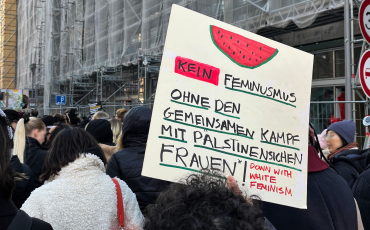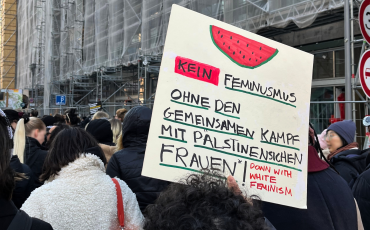The village of Battir is a World Heritage Site and embodies Palestinian culture through centuries-old farming traditions. Its 4,000-year-old agricultural terraces are threatened by an industrial zone planned by a nearby Israeli settlement.
The UNESCO World Heritage Site of Battir is characterized by intensively cultivated dry-wall terraces, springs, watchtowers for guarding animals, and fruits and vegetables – especially olive trees. Geographically, it is located within the Occupied Palestinian Territory between Jerusalem and Bethlehem. The recognition as a World Heritage Site by the UNESCO took several years and required advocacy efforts of environmental organizations such as EcoPeace Middle East (hereafter EcoPeace). These efforts became ever more necessary as the Palestinian Authority at some point opposed the application of Battir as a World Heritage Site.
Beitar-Illit, a Haredi Jewish-Israeli settlement ten kilometers southwest of Jerusalem within the Occupied Palestinian Territory, is one of Israel’s largest and fastest-growing settlements with a population of 63,220 in 2021. It is five kilometers away from the Palestinian village of Battir and borders the UNESCO Battir World Heritage Buffer Zone established in 2014.
An industrial zone threatens to pollute and damage the water system in the region
Despite the international recognition as World Heritage, the ancient terraces and irrigation systems of Battir could be irreversibly destroyed due to plans made in Beitar-Illit to construct a 632.87-acre industrial zone within the World Heritage Buffer Zone.
According to an Israeli water expert, who preferred to remain anonymous, the industrial zone “would cement over the crucial Wadi Jama rainwater drainage basin and diminish underground water levels, constraining one of the few remaining ecological corridors, infringe upon the freedom of movement of Battir’s inhabitants, and maybe even result in toxic waste infiltrating underground water sources”.
The objection by EcoPeace states that this “industrial zone intrudes the core area of the heritage site (…) located on top of an area with high hydrological sensitivity for the mountain aquifer (…) and any intensive construction may violate the hydrological flow regimes and derogate the springs resurgence”. Israel signed the UNESCO World Heritage Convention in 1999 and thus committed itself to maintaining heritage site regulations.
It is not the first time that Battir is struggling for the protection of its ancient agricultural sites. The current case comes less than a decade after the plans to construct an Israeli military wall, which would have resulted in the devastation of the ancient terraces and the farmers’ freedom of movement. It was only after a three-year legal battle, numerous appeals by EcoPeace and other environmental organizations, and the recognition of Battir as a World Heritage Site, that in 2015 the Israeli High Court ruled against the State of Israel and the construction of the barrier around the village.
“My grandchildren don’t even consider learning agricultural practices”
The construction of the industrial zone near Battir has been frozen since May 2021, when EcoPeace and Israeli environmental NGOs objected to its construction on grounds of protecting the environment and the World Heritage. This ambiguous status labeled “pending” by the Israeli Civil Administration has created a setting of uncertainty for Battir’s farmers.
The future of the terraces of Battir and thus the famers’ livelihood remains unclear. “While the freezing might have halted the construction temporarily, a daily environment of uncertainty has taken hold within the lives of these families“, said a Palestinian researcher on climate and international affairs. As the Israeli Civil Administration is considered very unpredictable by many in the Occupied Territories, it makes it difficult for EcoPeace and the village inhabitants to plan ahead. Especially younger generations struggle to picture a prosperous future as farmers given the environment of uncertainty around Battir.
“My grandchildren don’t even consider learning agricultural practices and cultivation because of the pending status. Instead, they move away. They see no future in Battir. The destruction of our land is imminent. I know that once I am dead and my child is dead, our land will not be taken care of nor cultivated, and then Israel will take it”, said an elderly lady from Battir.

For many families this uncertainty builds on previous experiences of lost land and livelihoods and pushes them to move away and not invest in the cultivation of the ancient terraces. “Why should a child invest its time and future in learning about working on a field which will only be stolen one day”, asked another woman of Battir. Environmentalists and farmers are also worried about more aggressive developments and continued constructions. Given the Israeli government’s weak position as demonstrated by the ongoing judicial overhaul protests, the rising prices for housing and food and the growing influence of right-wing parties, EcoPeace and Battir’s farmers fear that settlers will abuse the situation to push for new construction approvals.
Wildlife diversity, soil fertility and environmental tourism would be directly affected
The planned industrial zone, English Forest Industrial Estate, was pushed by the former ultra-Orthodox Minister of the Interior Aryeh Deri in 2018. He claimed it would provide jobs for those living in the settlements. However, for the inhabitants of Battir the construction has always meant an expansion of the settlement and thus a threat to their livelihood. Especially as the industrial zone is projected to cement over vital rainwater catchment areas, damaging underground aquifers feeding the wells and natural springs. “This construction and subsequent environmental destruction would inevitably impact the soil fertility, ground quality, and as a result, crop cultivation”, said Abu Arra, an education officer at EcoPeace’s Ramallah Office.
The destruction of the terraces would ruin the livelihoods of the people in Battir, as they have been the primary income source for farmers and their families. Environmental tourism is also at a vulnerable point because the industrial zone would further restrict the movement of Palestinians, as roads would be diverted, paved over or blocked by checkpoints. “This will discourage local visitors and international tourists from visiting”, said Abu Arra. School trips conducted by EcoPeace, which organizes trips for more than 1,000 students annually including to Battir, would suffer tremendously due to increased security concerns by the students and their families. Lastly, “the industrial zone will reduce the ecological corridor connecting wildlife and biodiversity within this area”, said Lamis Qdemat, a Palestinian expert on water and human rights. The restriction of this ecological corridor would lead to a loss of genetic reproduction diversity and eventual loss of the mountain gazelle in this area.
Other villages fear the same fate
The case of Battir highlights the uncertainty glooming over those living in the Occupied Territories as well as the ongoing destruction of an Israeli-Palestinian shared environmental heritage. The struggles around the case demonstrate the interrelation between environmental protection and human rights.
Battir is at the same time only one example out of many. Many other villages and ecosystems in the Occupied Palestinian Territory are threatened by existing, expanding, and newly emerging settlements as well as the construction of the separation barrier. It is only due to national and international support as well as the recognition of Battir as a UNESCO World Heritage Site that its destruction was halted for now.




















